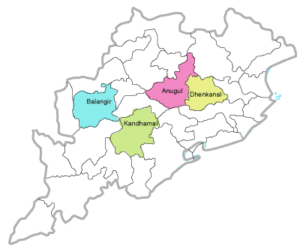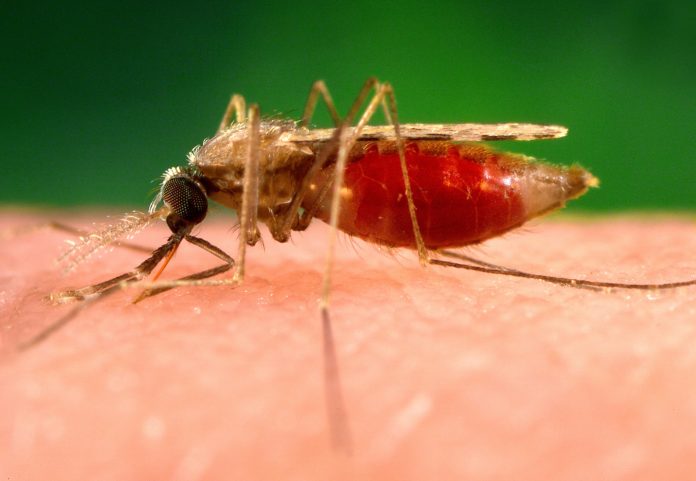Odisha has one of the largest numbers of malaria cases – in 2017 there were 297554 cases and 25 deaths

A model project to strengthen malaria control interventions has shown an 85% decline in average monthly malaria cases in four districts of Odisha namely Angul, Dhenkanal, Kandhamal and Dolangir.
The joint project by Indian Council of Medical Research-National Institute of Malaria Research (ICMR-NIMR), National Vector Borne Disease Control Programme (NVBDCP) Odisha and Medicines for Malaria Venture (MMV) achieved the feat in intervention areas from the period when universal access to malaria services was reached pre 2013-2015 to post 2016-2017.
Dr. Pramod Kumar Meherda, IAS, Commissioner-cum-Secretary Health and Family Welfare Deptt. Odisha said: “The learning experience from CCMP gave rise to many innovative practices that were successfully implemented. We now need to sustain the gains to ensure our goals for elimination of malaria by 2027.”
CCMP rigorously implemented the World Health Organization’s Test-Treat-Track initiative that urged malaria-endemic countries to scale up diagnostic testing, treatment and surveillance for malaria
Mass screening for malaria in inaccessible villages and hamlets introduced by CCMP led to the creation of a new state initiative called Durgama Anchalare Malaria Nirakaran (DAMaN) – Malaria Control in inaccessible Areas which is ongoing successfully across 22 districts. Odisha has among the highest malaria cases in India.
Dr. Prameela Baral, Additional Director, NVBDCP Odisha said that DAMaN has reduced malaria incidence and improved the nutritional status for mother and child leading to a reduction in under-five mortality and maternal mortality.
Dr.NeenaValecha, Director, ICMR-NIMR elaborated that the 5-year collaborative operational research programme with NVBDCP Odisha had served as a “living laboratory for the study of improved malaria case management”. It received technical and financial support from MMV, Geneva.
CCMP was started in 2013 in pairs of intervention and control blocks in 4 districts with different transmission intensities and catered to a population of 9,00,000 people in Odisha. CCMP rigorously implemented the World Health Organization’s Test-Treat-Track initiative that urged malaria-endemic countries to scale up diagnostic testing, treatment and surveillance for malaria. The programme provided universal access to malaria diagnosis and treatment, and improved the quality of services and surveillance.
Dr. Brajakishore Brahma, Director of Health Services, Odisha, added: “The experience from this project has given rise to the conceptualization of DAMaN which is ongoing successfully across 22 districts.”
Dr. Madan Mohan Pradhan, Additional District Public Health Officer, NVBDCP Odisha said that “CCMP learning experience and several best practices from CCMP have been incorporated into the existing NVBDCP programme. The most notable is the CCMP mass screening and treatment of patients in inaccessible areas which led to the creation of DAMAN.”CCMP has also pioneered the use of DHIS2 (an open-source web-based surveillance for malaria) to improve surveillance and is currently being scaled up by NVBDCP in two districts in Odisha as part of larger pilot.



[…] Malaria is a potentially life threatening parasitic disease caused by parasites known as Plasmodium vivax (P.vivax), Plasmodium falciparum (P.falciparum), Plasmodium malariae (P.malariae) and Plasmodium ovale (P.ovale). It is transmitted by the bite of Anopheles mosquito. Plasmodium vivax accounts for about one third of total malaria cases in India and is predominantly the disease of urban areas associated with multiple relapses. […]